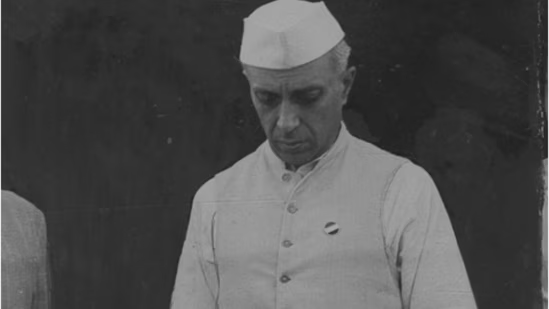
The YouTuber Ajeet Bharti’s controversial, fiery remarks after the Supreme Court shoe-hurling incident have reignited debates over free speech, judicial dignity, and hate speech laws.
The Incident That Sparked Controversy
On October 6, 2025, chaos erupted inside the Supreme Court of India when Rakesh Kishore, a 71-year-old advocate, allegedly hurled a shoe at Chief Justice of India B.R. Gavai while shouting slogans condemning perceived insults to ‘Sanatan Dharma’. The attack, though unsuccessful, sent shockwaves through the judiciary and sparked widespread outrage.
In the aftermath, popular YouTuber Ajeet Bharti’s controversial opinion on who published the video and social media posts criticised the Chief Justice in what many called an inflammatory and derogatory manner. Bharti’s remarks have since landed him in the crosshairs of law enforcement and legal activists.
Who is Ajeet Bharti?
Ajeet Bharti is a media personality, writer, and digital commentator hailing from Begusarai, Bihar. Known for his sharp satire and unfiltered commentary, Bharti has a significant online following — over 7 lakh YouTube subscribers and nearly 5 lakh followers on X (formerly Twitter).
A self-described journalist and author, Bharti frequently posts political critiques, cultural commentary, and “roast” videos targeting politicians, public figures, and institutions. While his style has earned him a loyal audience, it has also drawn controversy because language critics deem it inflammatory or disrespectful.
Previously, YouTuber Ajeet Bharti’s in controversy for comments about Congress leader Rahul Gandhi and other political leaders.
What Did He Say About the CJI?
In his posts following the shoe-hurling incident, Bharti reportedly called CJI BR Gavai “a lousy, undeserving judge” and suggested he should face contempt proceedings for his past remarks on religious issues. Bharti also accused the Chief Justice of harboring anti-Hindu sentiments and controversially referenced Gavai’s Dalit-Ambedkarite background.
In one of his most contentious statements, Bharti allegedly warned that if judges continued making such remarks, there could be “reactions in public spaces similar to the shoe incident”. Critics say such statements amount to incitement and contempt of court.
Police Questioning & Legal Complaints
Following these remarks, Noida Police summoned Ajeet Bharti for questioning. He was reportedly interrogated at Sector 58 Police Station and later at the office of the Deputy Commissioner of Police (DCP). Officials clarified that Bharti was not arrested but was questioned to determine if his comments violated laws against hate speech, incitement, or insults to public servants.
An activist, Suraj Kumar Bauddh, founder of Mission Ambedkar, has written to the Attorney General of India seeking consent to initiate criminal contempt proceedings against Bharti. According to Bauddh, Bharti’s remarks were an attack on the judiciary and undermined the dignity of the Chief Justice’s office.
Bharti, on his part, denied wrongdoing and claimed that his statements fall within the scope of free speech and political critique.
Public Reactions & Polarised Debate
The episode has sparked intense debates online and in political circles. While critics have demanded strict legal action against YouTuber Ajeet Bharti for allegedly promoting enmity and undermining the judiciary, his supporters argue that prosecuting him would be an assault on freedom of expression.
Legal experts say the case will test the boundaries between free speech and contempt of court, as well as highlight the judiciary’s growing intolerance toward online criticism.
Larger Questions Raised
This YouTuber Ajeet Bharti’s controversial video has raised larger concerns about:
- The rising trend of hate speech and polarising commentary on digital platforms.
- The judiciary’s sensitivity to criticism versus the right to free expression.
- The need for stricter online content moderation without infringing on civil liberties.
YYouTuber Ajeet Bharti’s controversial: The Road Ahead
No formal case has yet been filed against Bharti, but further action will depend on the findings of the police inquiry and the Attorney General’s decision on contempt proceedings. For now, the episode remains a flashpoint in the ongoing debate over India’s balance between digital free speech and institutional accountability.
FOR MORE BLOGS – beyondthepunchlines.com

 Add to favorites
Add to favorites







